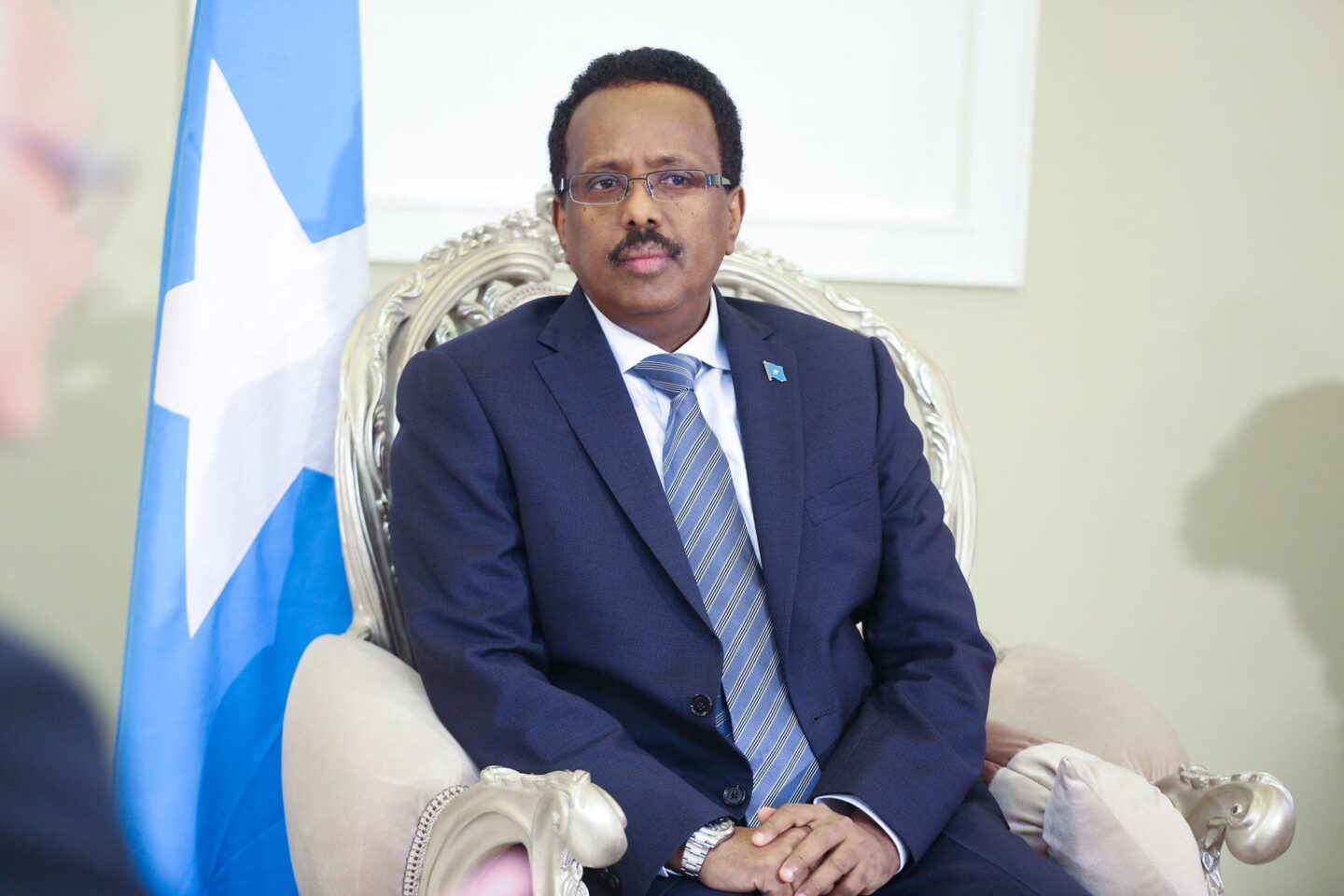I had earlier hinted that the Adoption Readiness Working Group set up by the Financial Reporting Council (FRC) of Nigeria came up with roadmap for adopting IFRS S1 and S2 in Nigeria which was launched by the Chairman of ISSB, Mr Emmanuel Faber. That, under the roadmap there are 4 adoption phases which are (1) early adopters for accounting period ending on or before December 31, 2023 (2) voluntary adopters for accounting period ending or before December, 2026 (3) mandatory adopters for accounting period beginning on or after 1 January, 2027 and (4) public sector entities to be communicated later.
Another important milestone I have earlier highlighted is the signing of an MOU between FRC and Nigerian Integrated Reporting Committee (NIRC) under which the NIRC supports FRC in the IFRS S1 and S2 sustainability standards adoption, advocacy, capacity building and technical implementation works. A regulatory Round Table on the implementation of the standards jointly facilitated by NIRC took place on July 15, 2024 in Abuja, where all the regulators agreed to work collaboratively to achieve the objective of the adoption.
As part of the advocacy and capacity building effort, FRC-NIRC has conducted awareness and capacity building on IFRS S1 and S2 sustainability reporting for the financial services sector in Abuja between 10th and 11th July, 2024 and Oil and Gas and Telecommunication on 4th and 5th September, 2024 in Lagos. Other sectoral capacity building trainings have been scheduled for next year. This will be followed by specific deep dive training to build sector specific expert skills to aid implementation.
So where are we in the adoption roadmap? We are at the voluntary phase of the adoption roadmap. The voluntary phase lasts between now and 2027. It is expected that public interest entities should join the adoption train now at this voluntary phase. Joining at this voluntary phase is very important because it has been agreed that there will be no regulatory sanction during the early and voluntary phases. Therefore, adopting entities can make mistakes and learn, thereby getting better at the implementation of the standards. They would have prepared themselves for the mandatory period where regulatory sanction kicks in. The four early adopters can testify that there is no regulatory sanction at this phase.
To kick start the voluntary adoption journey, a readiness assessment test will need to be conducted to ascertain the preparedness or otherwise of an entity to adopt the IFRS S1 and S2 sustainability standards. FRC will require the entity to submit about seventeen documents to enable the assessment to be carried out. These will include: 1. Board resolution approving the adoption of IFRS sustainability Disclosure standards; 2. GAP Analysis Report; 3. Implementation plan; 4. IFRS Sustainability Disclosure Policies; 5. Identification and application of transitional reliefs; 6. Enterprise Risk Management and Sustainability Framework; 7. Evidence of Board Approval of the IFRS Sustainability Disclosure Policies. 8. Evidence of Board-Approval of Enterprise Risk Management and Sustainability Framework.
Others are: 9. Evidence of Sustainability and ESG-specific training for Board Members, Management, and Preparers by reputable training providers acceptable by the FRC; 10. Evidence of registration of the entity and professionals engaged in the sustainability reporting process with FRC; 11. Description of Models used for scenario analysis; 12. Identification of sustainability and climate-related risks and opportunities; 13. Evidence of the establishment of a governance structure for sustainability reporting; 14. Targets and metrics set to manage and measure identified risks and opportunities; 15. Identification of aspects of financial reports requiring updates; 16. Identification of current and anticipated effects of sustainability-related risks and opportunities on the entity’s business model and value chain; and 17. Internal control over sustainability reporting.
The order of submission of the readiness assessment documents is as follows: a. Items 1 to 3 will be required to be submitted at least three (3) months before the beginning of the reporting date. b. Items 4 to 9 will be required to be submitted not more than three (3) months after the beginning of the reporting date. c. All other items are to be submitted not more than six (6) months after the beginning of the reporting date. The FRC would review these documentations and provide appropriate feedback as necessary. However, pragmatism suggests that entities may obtain waiver if they are serious about joining the early adopters now. Already many entities have indicated interest in joining the early adoption train.
Obtaining board approval and capacity building are very important in this voluntary phase Entities will need to provide evidence of Sustainability – specific training for Board Members, Management, and Preparers by reputable training providers acceptable by the FRC.
Entities will also need to familiarise themselves with the transitional reliefs allowed in the roadmap. Transitional reliefs are one off reliefs provided to make it easy for first time adopters to transition to IFRS S1 and S2. They are a relaxation of some of the requirements of the standards that may be considered stringent and difficult for a first time adopter. For example, IFRS S1 requires both sustainability and financial reporting information to be reported same time, same place. However, a first time adopter may choose to first publish its financial statement and later publish a separate sustainability report. There is also the concept of undue cost and effort in information provision. Similarly, a first time adopter need not disclose its scope 3 emission as this derives from its value chain.
It is my candid advice that entities should get on board now and avail themselves of the luxury of the learning phase without regulatory sanctions rather than wait till the mandatory phase when regulatory sanction will kick in.
Innocent Okwuosa is the chairman of Nigeria Integrated Reporting Council (NIRC) and immediate past president, Institute of Chartered Accountants of Nigeria. He can be reached on 08128131345.










